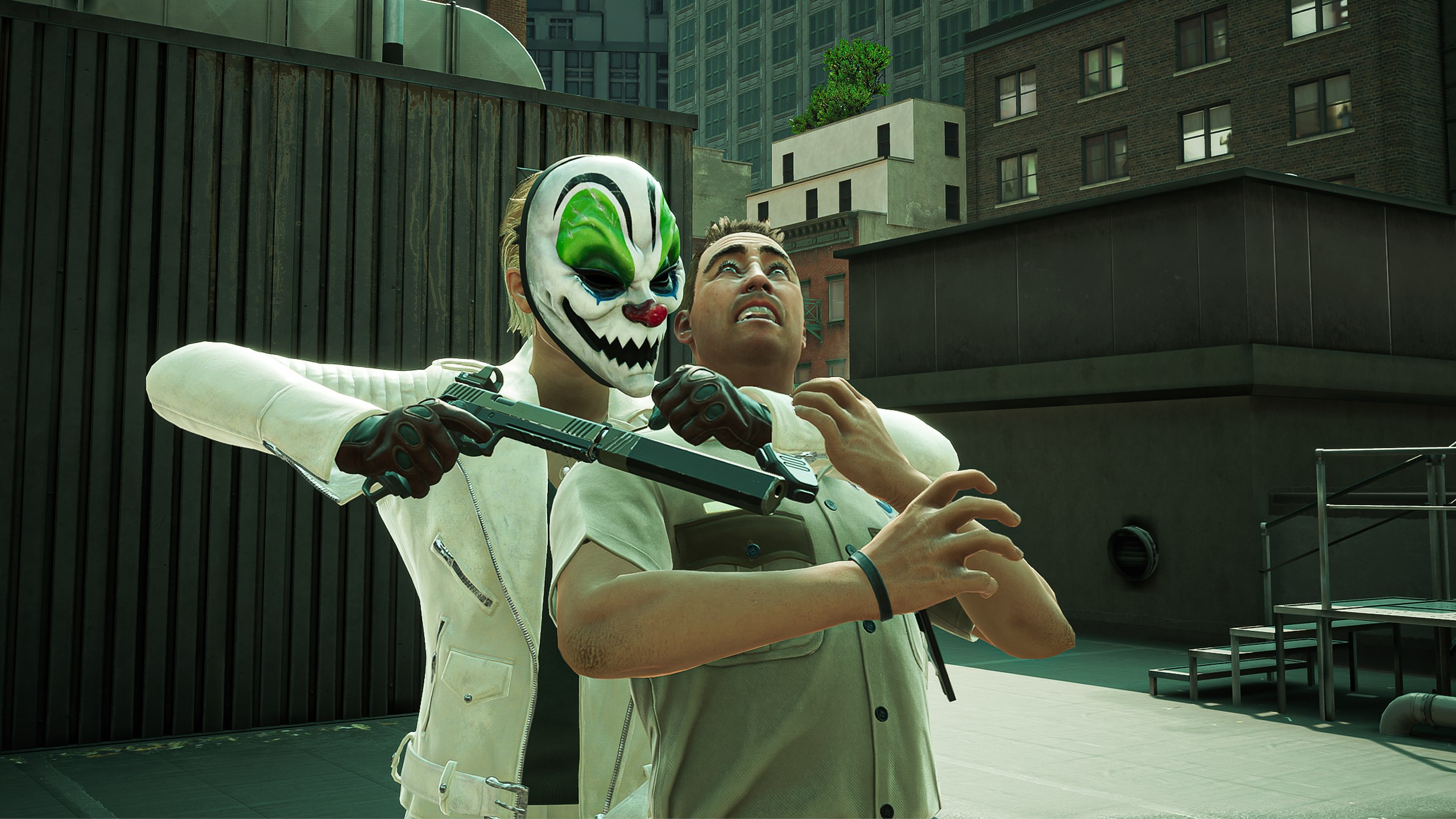Payday 3 dev reflects on 'disastrous' launch—'The game just felt unfinished… it was a bad experience'
"The whole stage just collapsed and everyone left."

Payday 3 is now just over a year old and, to put it mildly, has had a rocky start. The botched launch saw major server issues making the game almost unplayable, the overbearing monetisation hacked off all the Payday 2 vets Starbreeze was hoping to transfer over, and the cherry on the cake was a patch deployment issue that meant the first update took weeks to arrive.
Such was the fallout that CEO Tobias Sjögren ended up leaving the company in March this year. "The board’s consolidated assessment is that the execution of strategy needs a different leadership," said chairman Torgny Hellström at the time. Last month Payday 3 game director Miodrag “Mio” Kovačević moved on from the role to other duties within Starbreeze. Things are bad, but how bad? Payday 3 currently has around 700 players in-game, while 2013's Payday 2 has just under 7,000.
Starbreeze has a big rescue job on its hands, and lead producer Andreas Penniger alongside community lead Amir Listo recently spoke to PCGN about what went wrong with that launch, and where the game can go from here.
"Our energy was like 'we’re a rock band, and we’re coming onto the stage, and we’ve got a new album'", Penninger recalls of the launch. "And the whole stage just collapsed and everyone left."
"We suffered from major technical issues, so the game was more or less unplayable for several weeks," says Listo. "When you have a launch like we did—a disastrous launch, where nobody is able to play the game—there is no place to hide. But it’s important that we don’t use the technical issues as an excuse because we clearly missed the mark from an experience point of view as well. The game just felt unfinished. It was a bad experience for our players.”
Listo says Starbreeze may have taken the wrong lessons from the 10 year production of Payday 2, and that many of the third game's non-technical issues were because "a lot of small things built up.
"We built Payday 3 while trying to understand what we wanted, in parallel," adds Penninger. "It ended up being a product that people didn’t resonate with. I think we were a bit confident from the success of Payday 2 that we ended up making decisions too quickly.
Keep up to date with the most important stories and the best deals, as picked by the PC Gamer team.
"That feeling of tripping on the goal line—you do years of work, only to see it dissolve into nothingness—was the worst situation to be in," says Listo. "If we just put our heads in the sand and continued on, the game would be dead at this point. But even the angriest Payday fans still come from a good place. They want the game to succeed, and their anger is only a reflection of that. They’re not hating on the game just to be haters – they’re telling us what they want the game to have, in order for it to improve.”
As for what the future holds for the game, Penninger doesn't spill the beans on the game's second year, but it sounds like the goal is to cut the bloat.
"While we haven’t communicated what year two might be, for me, the game currently suffers from a split personality—trying to be too many things at once," says Penniger. "Our focus needs to be a stronger core fantasy. Every heist needs to feel more tense, open-ended, and rewarding.”
I played a lot of Payday 2 and, while the progression-y knickknacks and additions over time were nice, the appeal was always that of a fire-and-forget palate cleanser: my friends and I would play other games then, when we just wanted an hour or two of high-octane blasting would go on a heist. Payday 3 immediately felt like more of a commitment and, while some of the gameplay additions are great, never grabbed me in that same way.
Perhaps it is just a question of getting back to a "core fantasy." That would seem a wise move, though the million-dollar question remains whether Starbreeze can do anything that will see this get to the same sort of place as its still-popular predecessor.

Rich is a games journalist with 15 years' experience, beginning his career on Edge magazine before working for a wide range of outlets, including Ars Technica, Eurogamer, GamesRadar+, Gamespot, the Guardian, IGN, the New Statesman, Polygon, and Vice. He was the editor of Kotaku UK, the UK arm of Kotaku, for three years before joining PC Gamer. He is the author of a Brief History of Video Games, a full history of the medium, which the Midwest Book Review described as "[a] must-read for serious minded game historians and curious video game connoisseurs alike."

